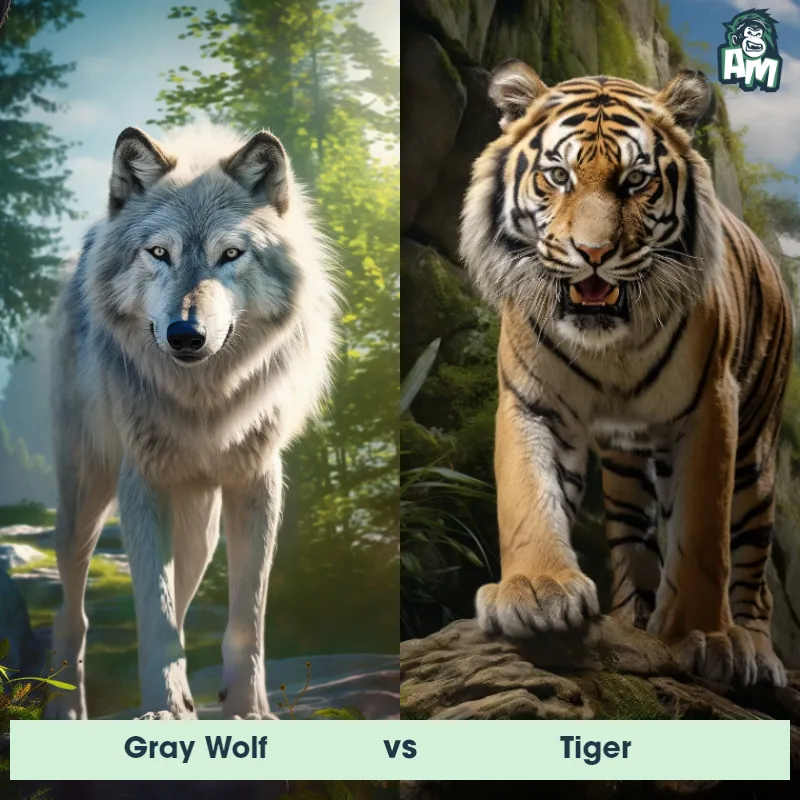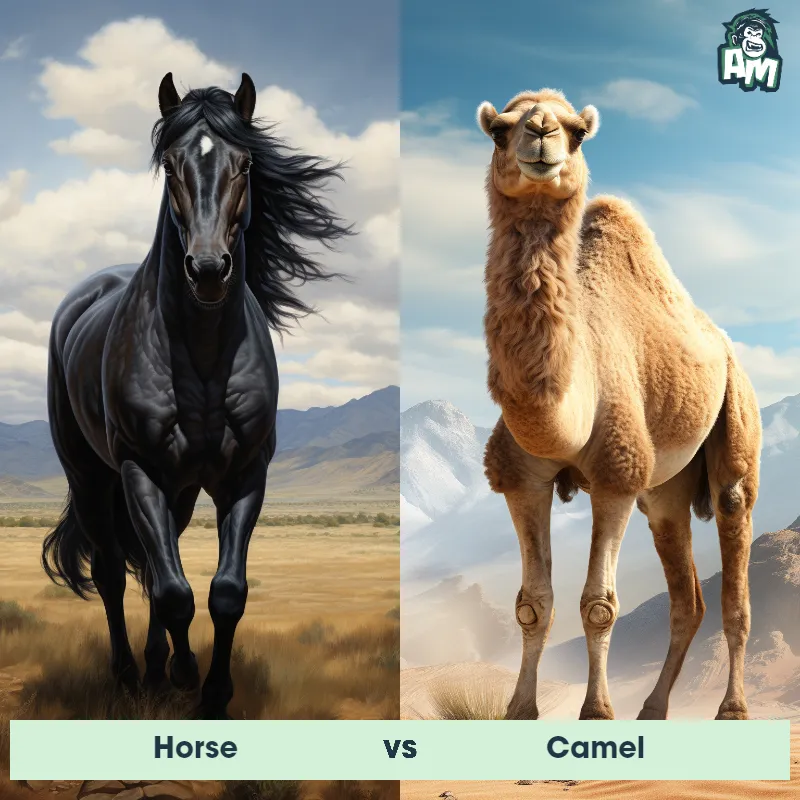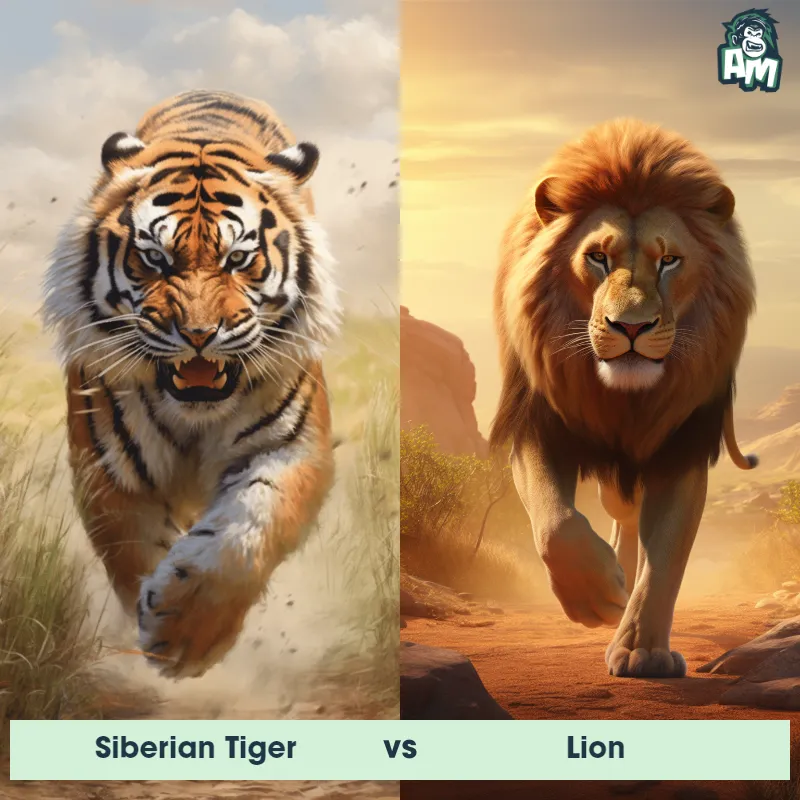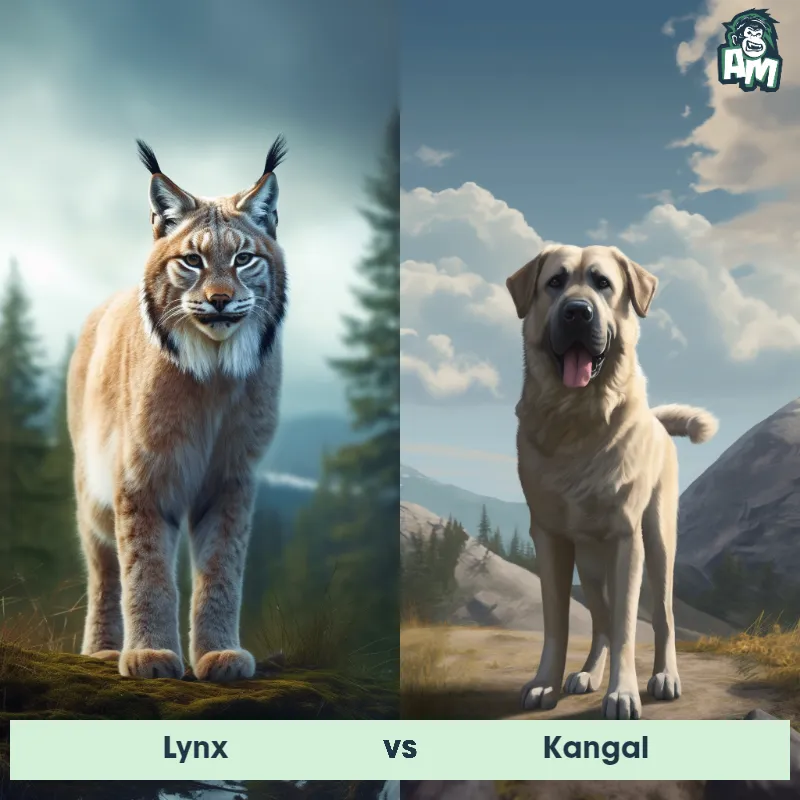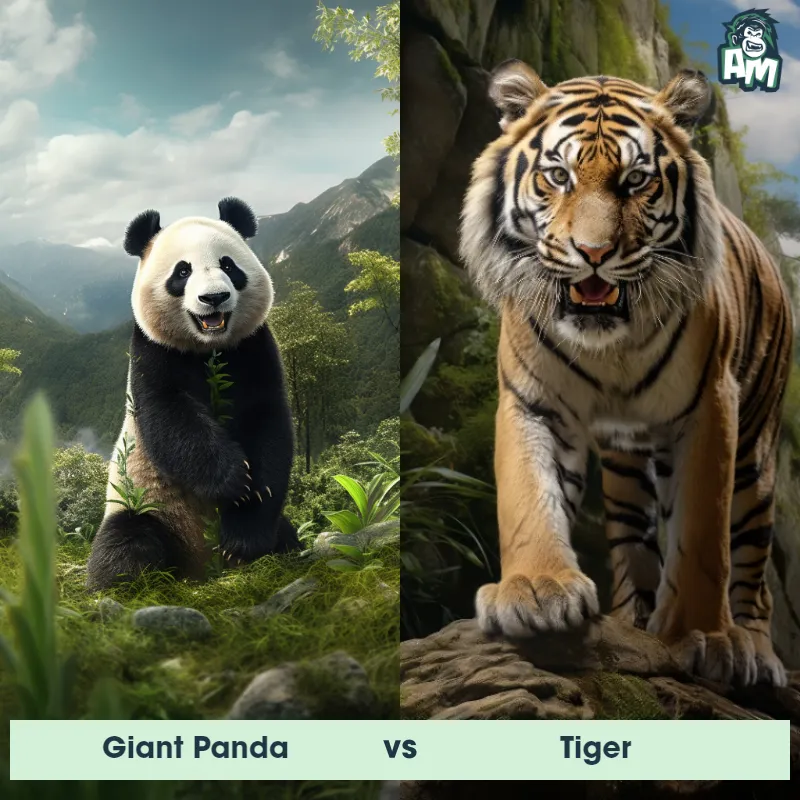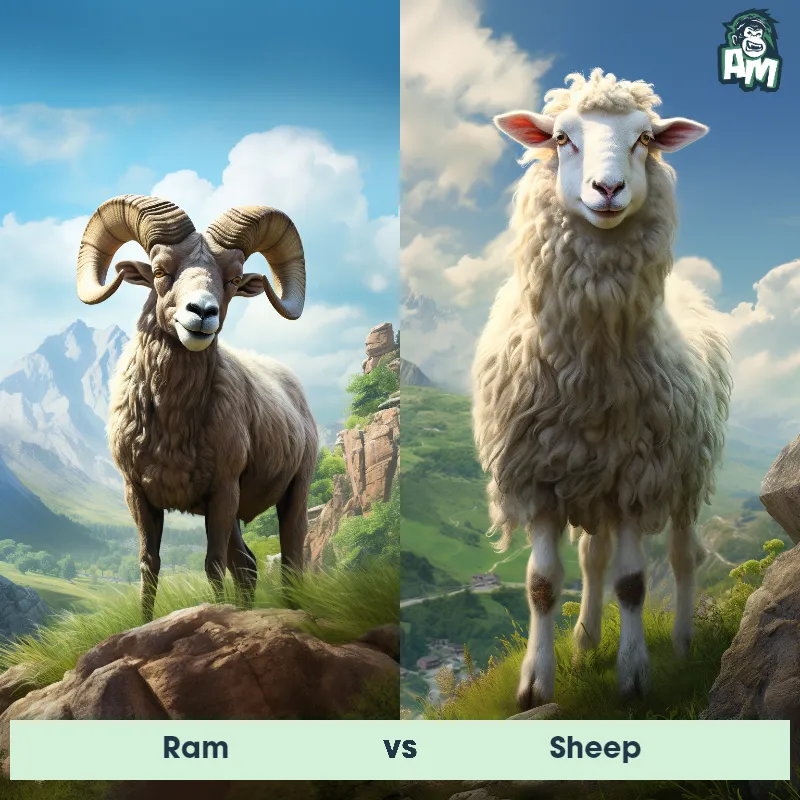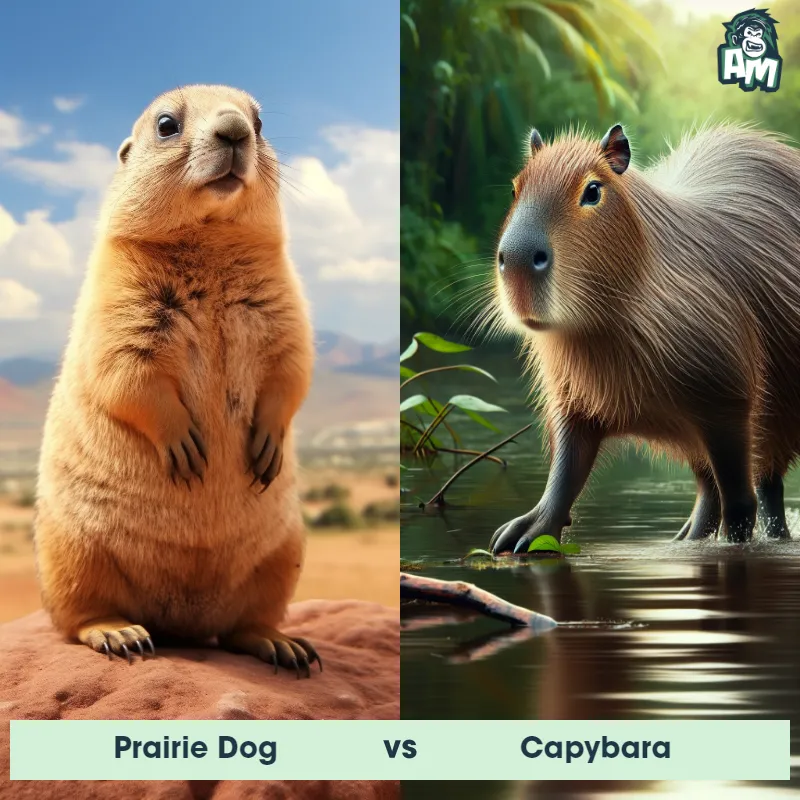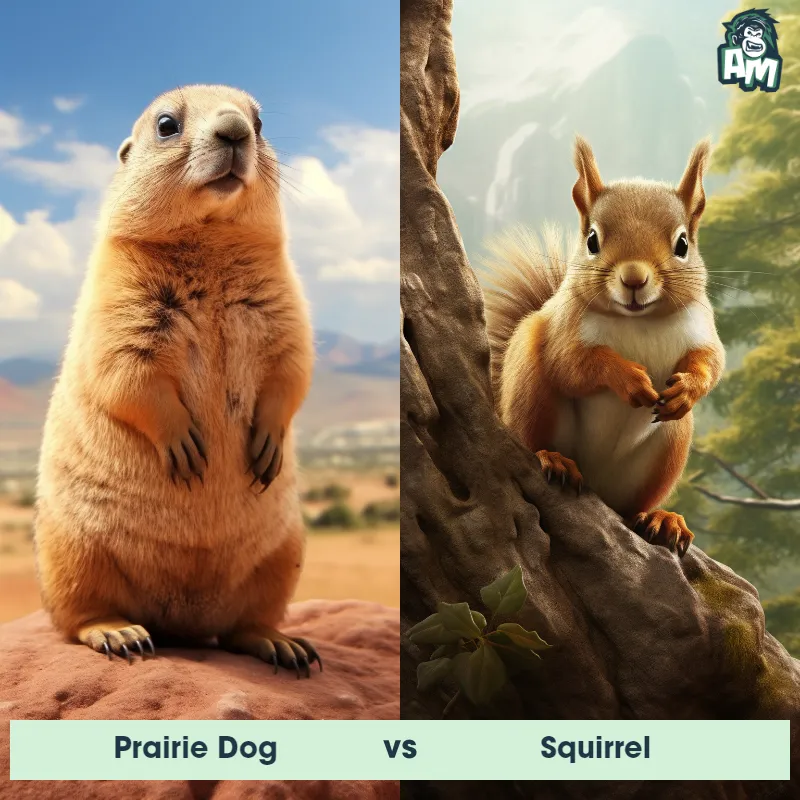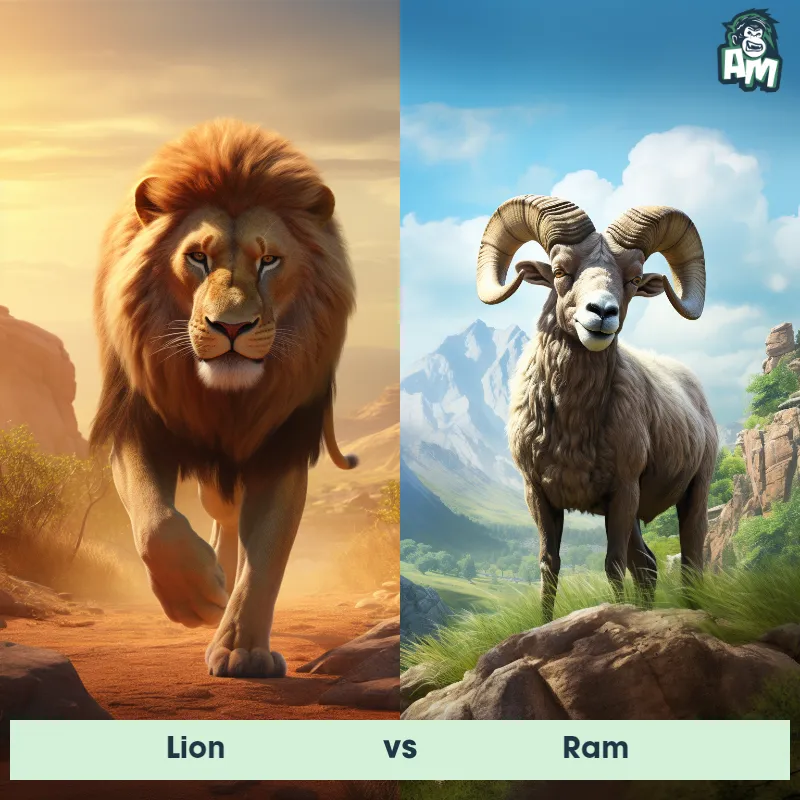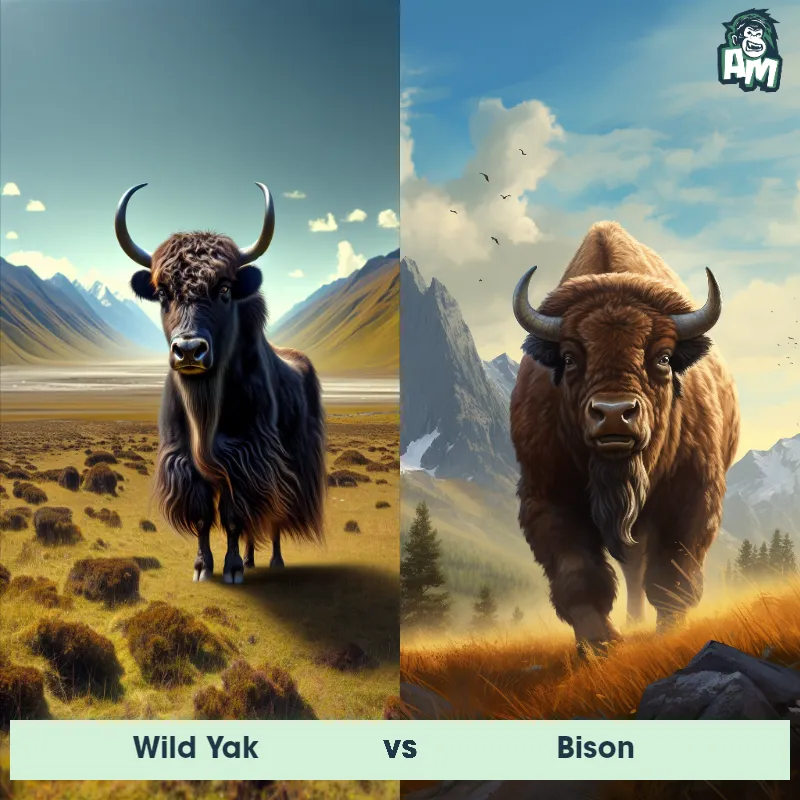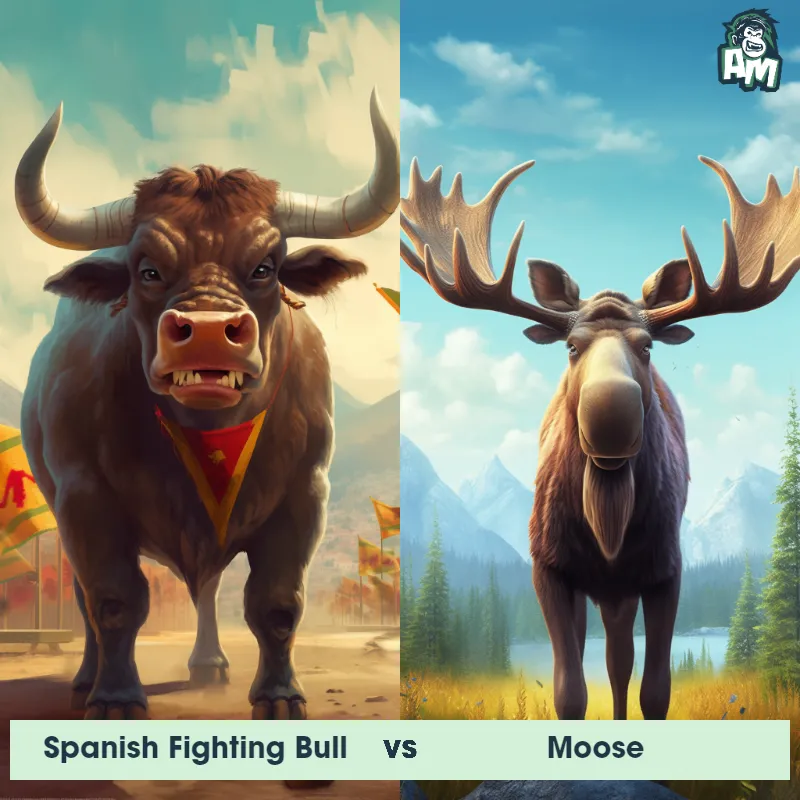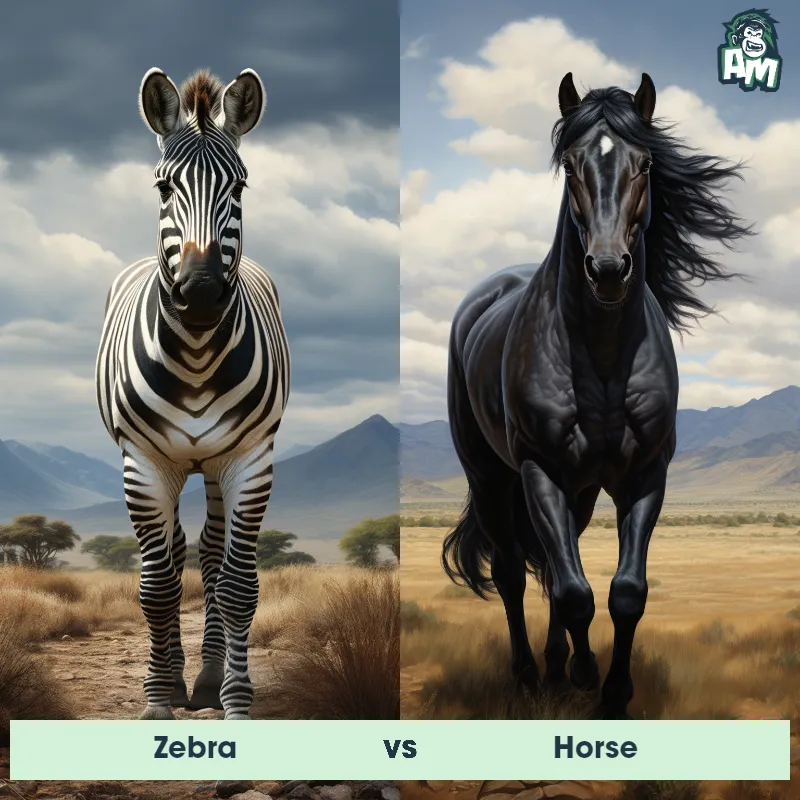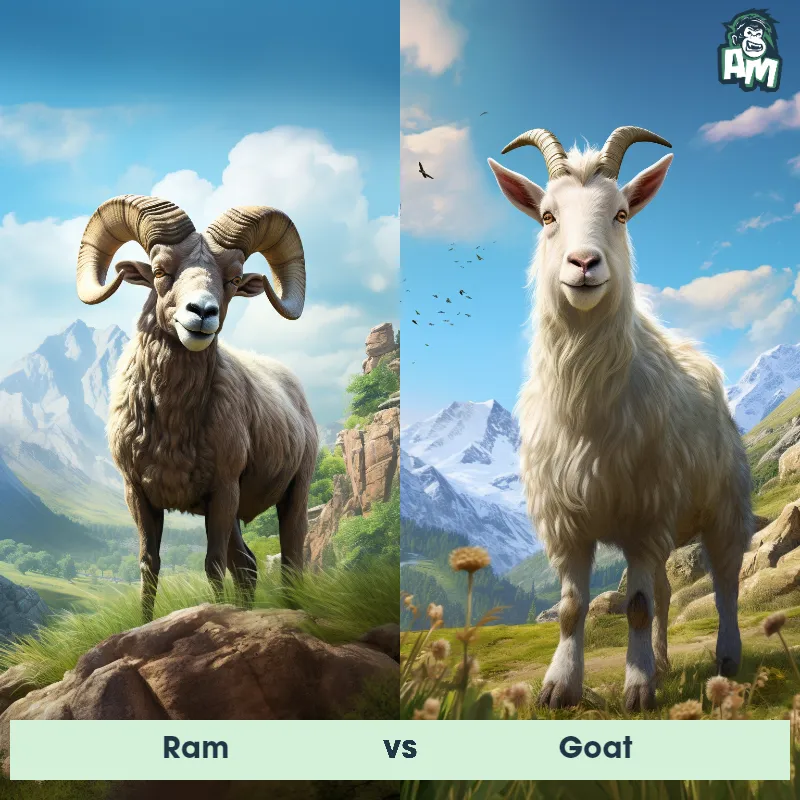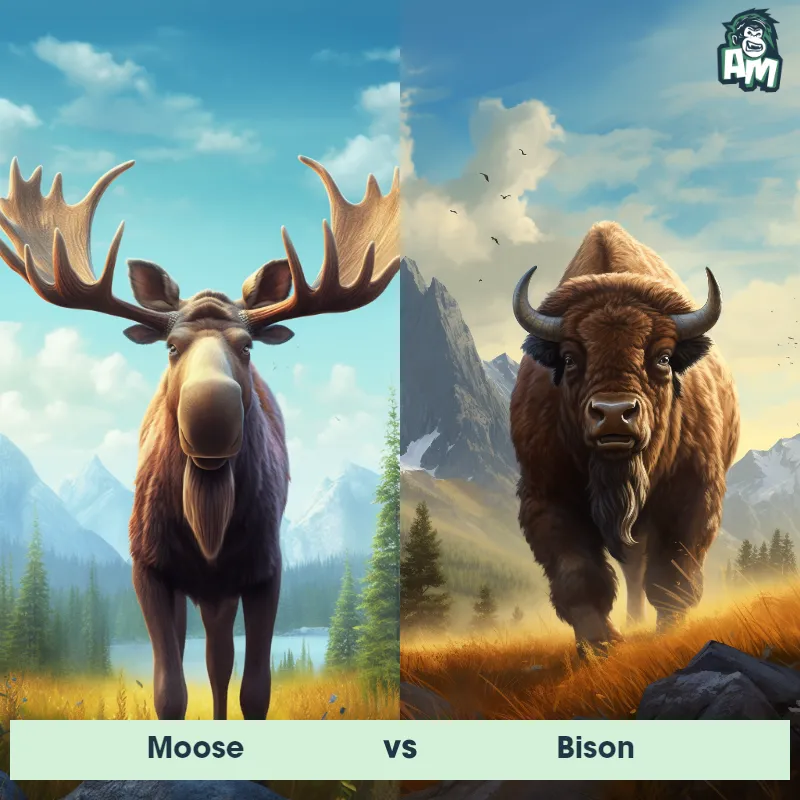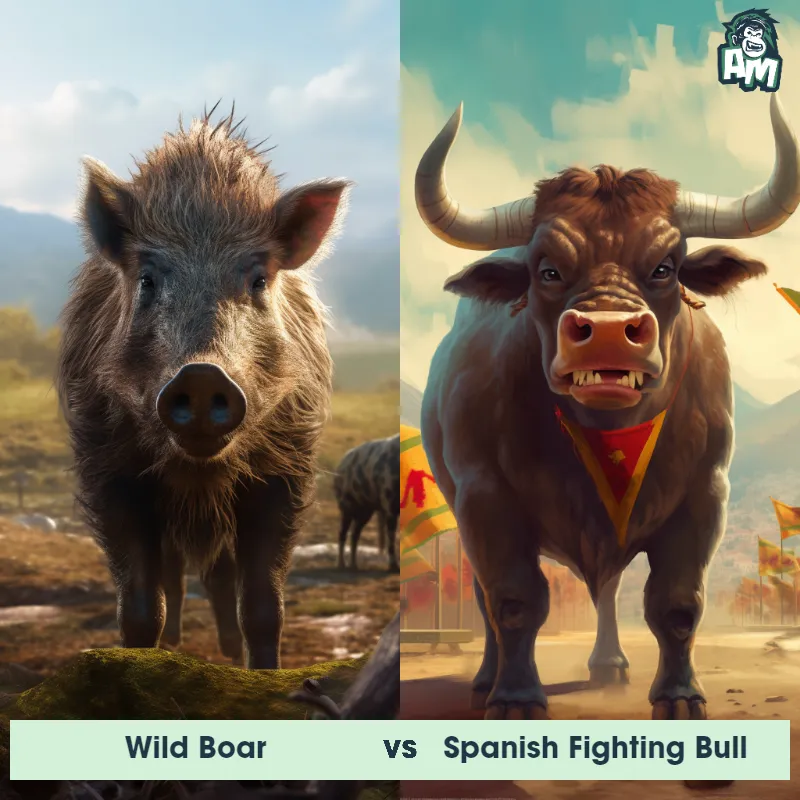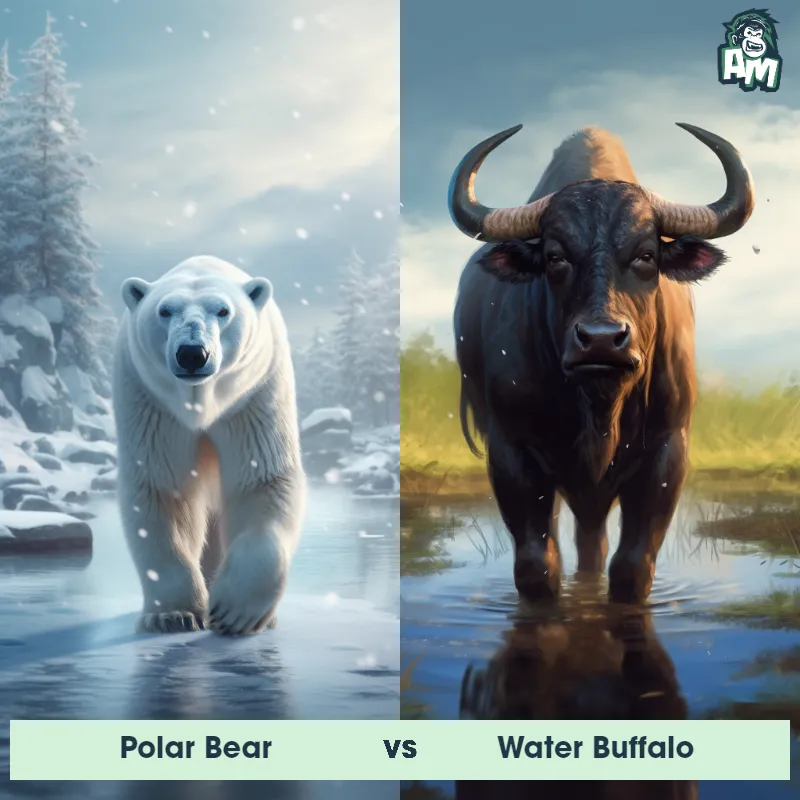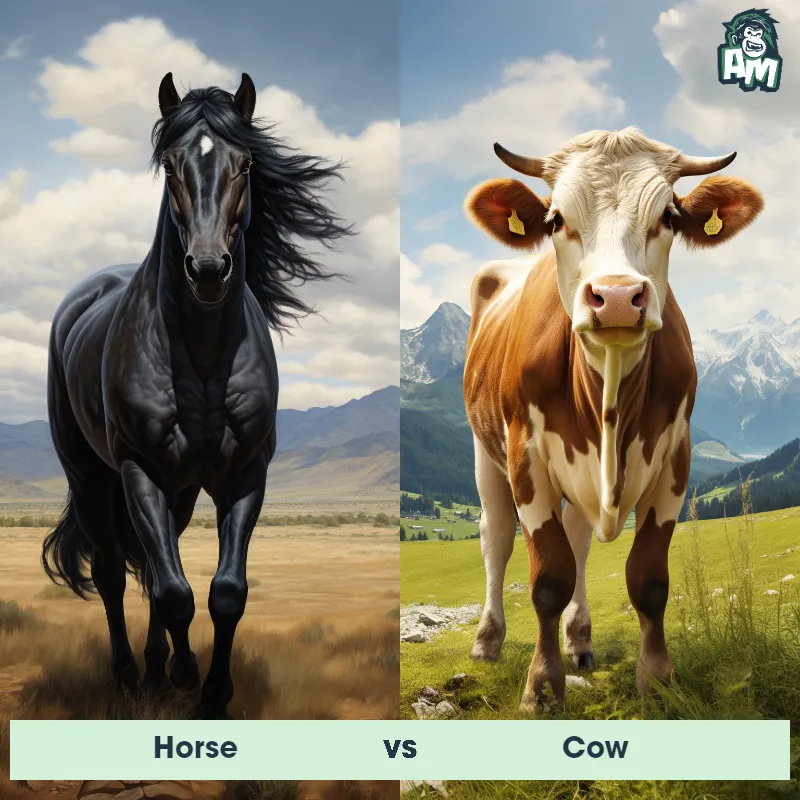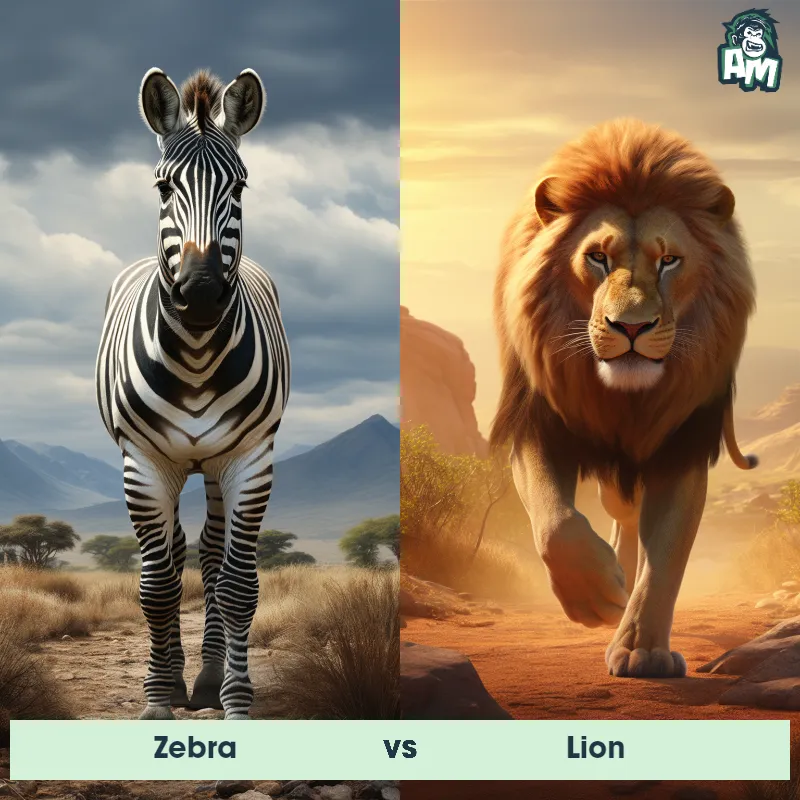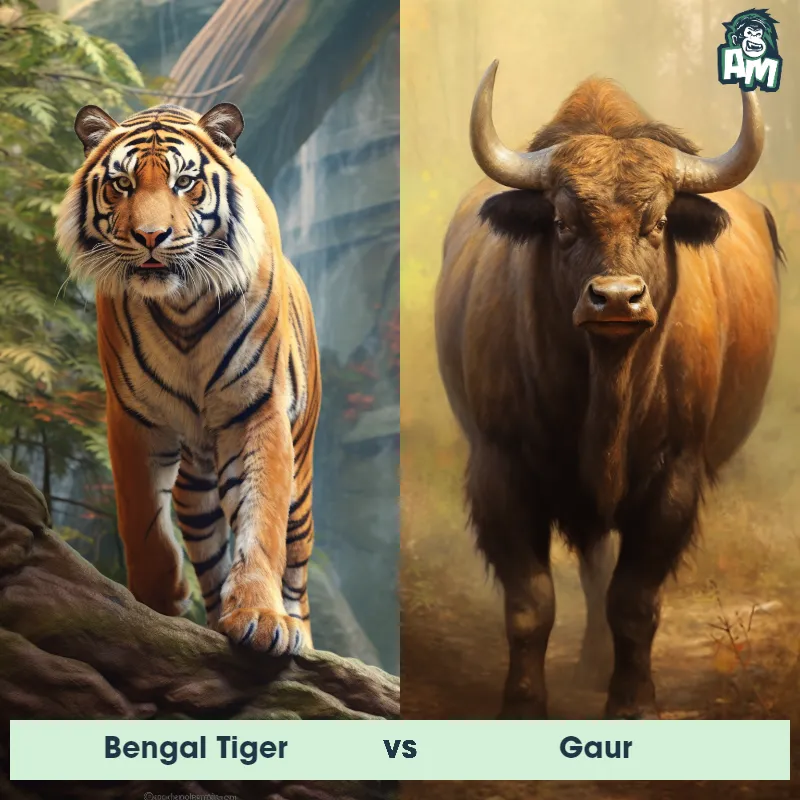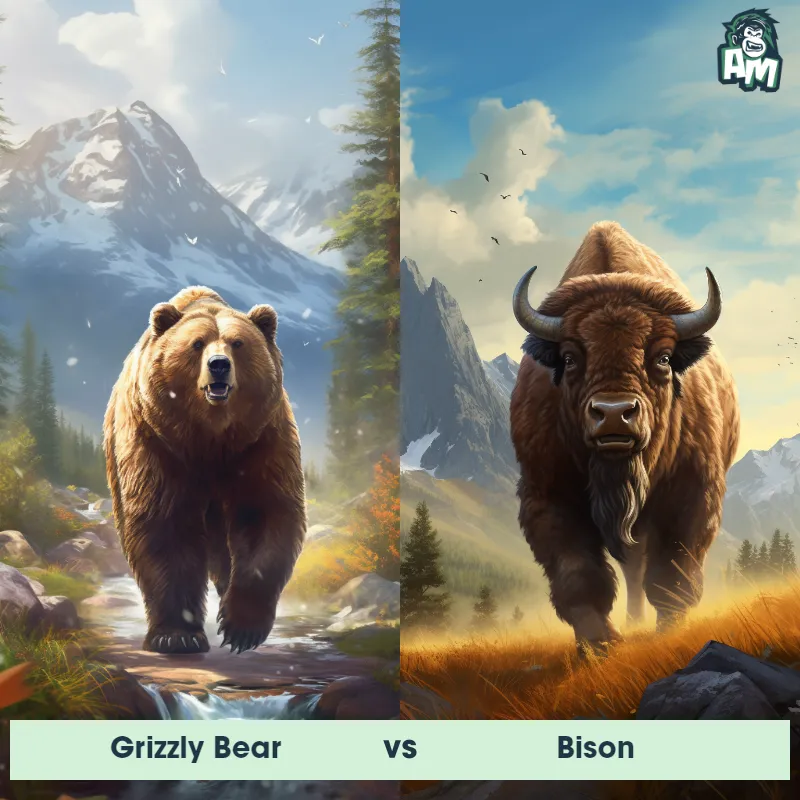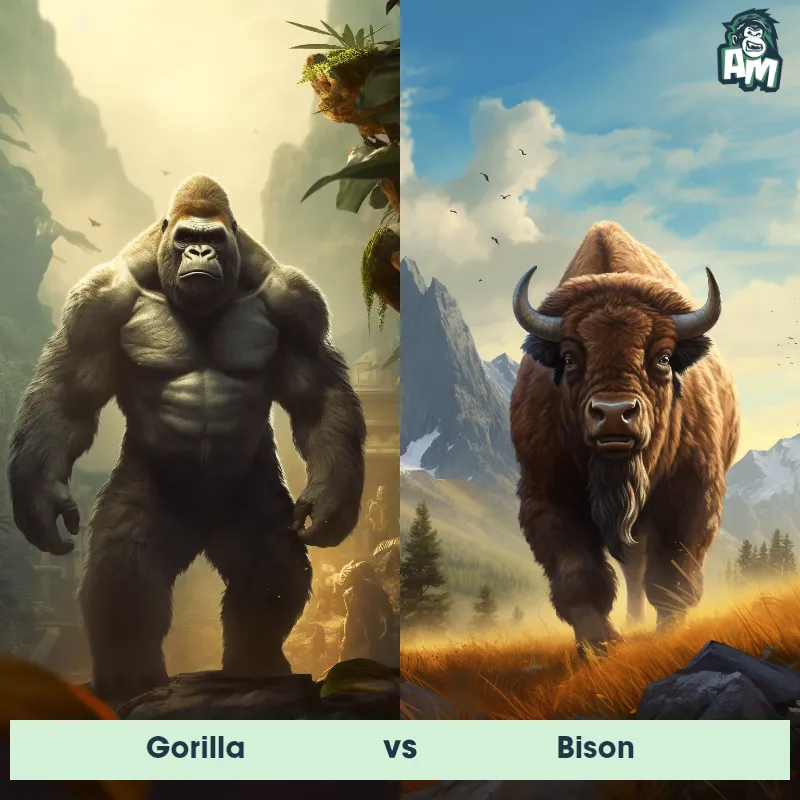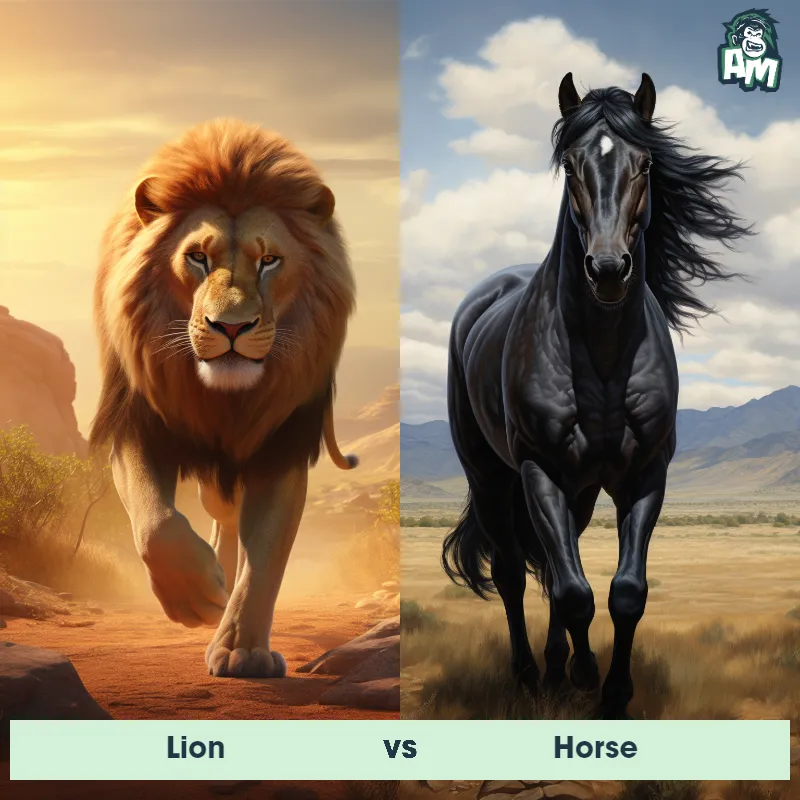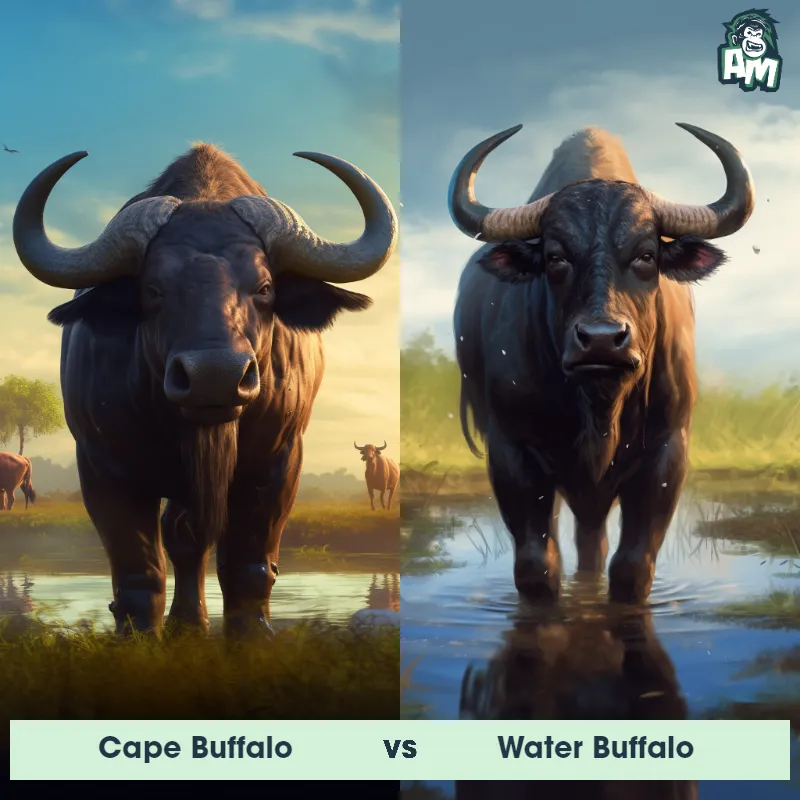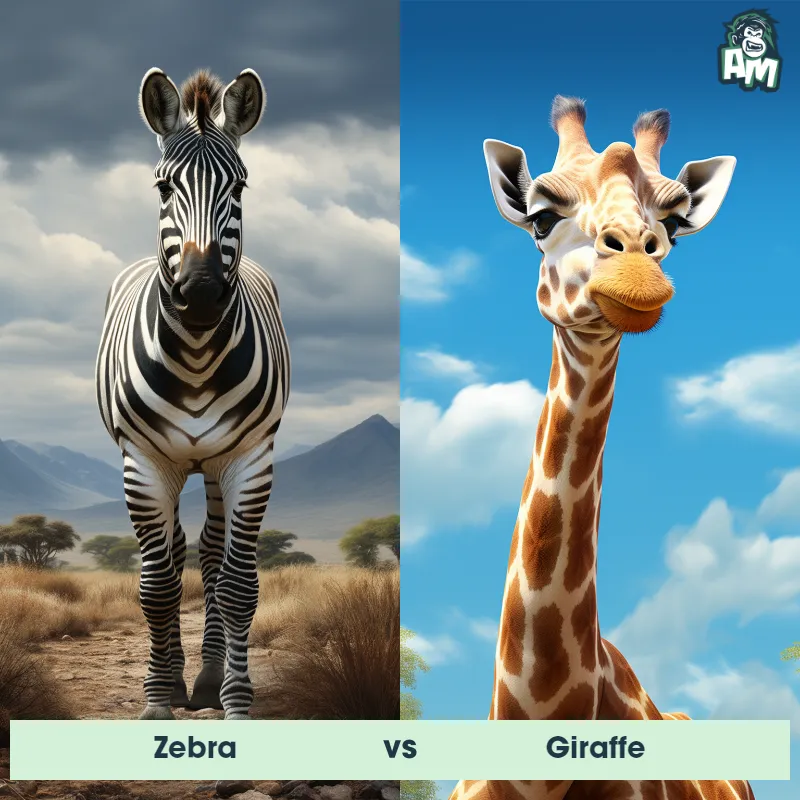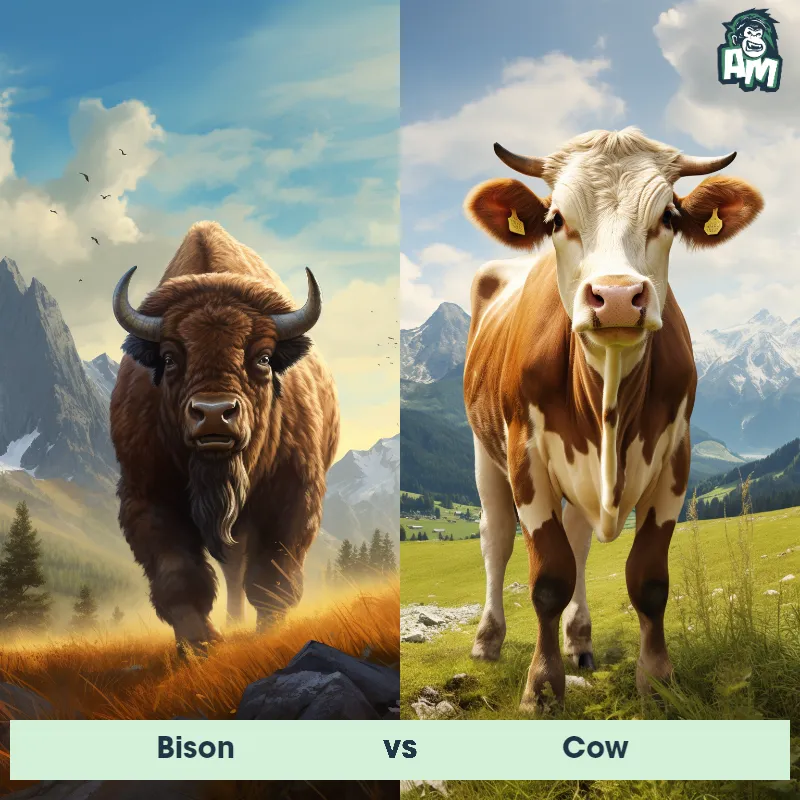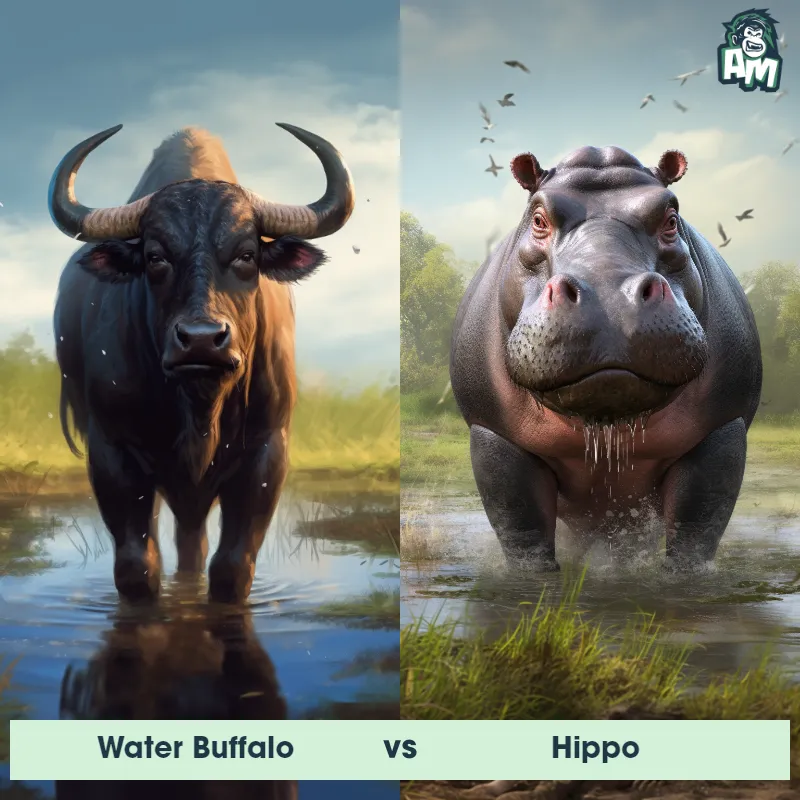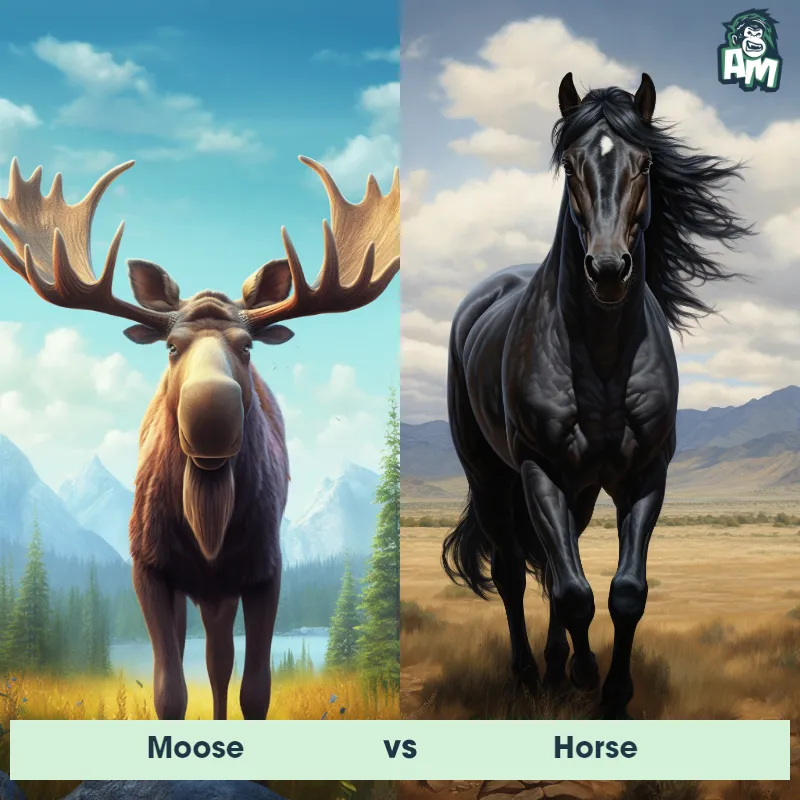Donkey vs CowSee Who Wins

As a fitting close to a day filled with heart-stopping battles, we bring to you a unique clash of barnyard titans. Will it be the colossal Cow with her primal strength and solid defences or the nimble-footed Donkey with its surprising agility? Only time will unravel the result.
Contender 1: Donkey
The Donkey is a sturdy and dependable domesticated member of the horse family, well-known for its long ears, distinctive bray, and a tail with a tuft of hair at the end. The average donkey stands between 31 and 63 inches tall at the shoulder and varies in color from white, gray, and black to various shades of brown. They are often used as working animals, particularly in developing countries, due to their strength, endurance, and ability to carry heavy loads over rough terrain. Donkeys are also recognized for their stubbornness, a trait associated with their inherent sense of self-preservation.
Fun Fact: Donkeys have an incredible memory and can recognize areas and other donkeys they were with up to 25 years ago.
Contender 2: Cow
The Cow is a large domesticated mammal revered for its role in agriculture and sustenance. Characterized by their large bodies, wide snouts, and droopy ears, cows have a variety of breeds that differ in size, color, and purpose. Most cows have a distinctive hump over their shoulders and a long tail with a tuft at the end. They are ruminants with a complex digestive system that allows them to convert grasses, which humans cannot digest, into nutritious milk and meat.
Fun Fact: Cows have an excellent sense of smell and can detect odors up to six miles away, a vital adaptation for locating food and water.
Matchup Stats
| Donkey | Cow | |
|---|---|---|
| Size | 31 to 63 inches tall at the shoulder (78.74 to 160.02 cm) | 4.9 feet at shoulder height (1.5 meters) |
| Weight | 180 to 1,060 pounds (81.65 to 480.81 kg) | 1,600 pounds (725 kilograms) |
| Speed | 15mph (24km/h) | 25 mph (40 km/h) |
| Key Strength | Strong kick, endurance | Size and Weight |
| Biggest Weakness | Slower speed compared to predators | Slow Speed |
Current Votes
Donkey vs Cow
See Who Wins
View More Matches
Looking For More?
Similar Matches
Scientific Stats
| Donkey | Cow | |
|---|---|---|
| Scientific Name | Equus africanus asinus | Bos taurus |
| Family | Equidae | Bovidae |
| Habitat | Domesticated, adaptable to various environments | Grasslands, Pastures |
| Geography | Worldwide | Worldwide |
| Diet | Herbivore, primarily eats grasses, shrubs, and grains | Herbivore (Grasses, Hay) |
| Lifespan | 15 years - 50 years | 15 years - 25 years |
Key Differences between Donkey and Cow
- Size: Donkeys are generally smaller in size compared to cows. Donkeys typically stand around 3 to 4 feet tall at the shoulder, while cows can reach heights of 4 to 6 feet at the shoulder.
- Horns: While not all cows have horns, many breeds do have them, and they are typically large and curved, extending outwards from the sides of the head. Donkeys, however, do not have horns.
- Tail: Donkeys have a tail that is covered in short hair and hangs down naturally, similar to a horse's tail. Cows have a long and tufted tail that often hangs straight down or sways from side to side.
- Body shape: Donkeys have a more compact and sturdy body shape, with a shorter back and stockier build, whereas cows have a longer and more rectangular body shape.
- Coloration: Both donkeys and cows come in various colors, but cows often have a more diverse range of coat colors and patterns, including solid colors, spots, or patches. Donkeys, on the other hand, are commonly seen with solid-colored coats, usually in shades of gray, brown, or black.
- Head shape: Donkeys have a more elongated and narrow head shape, with long ears that often stand upright. Cows, on the other hand, have a broader and more rounded head shape, with shorter ears that typically hang down.



